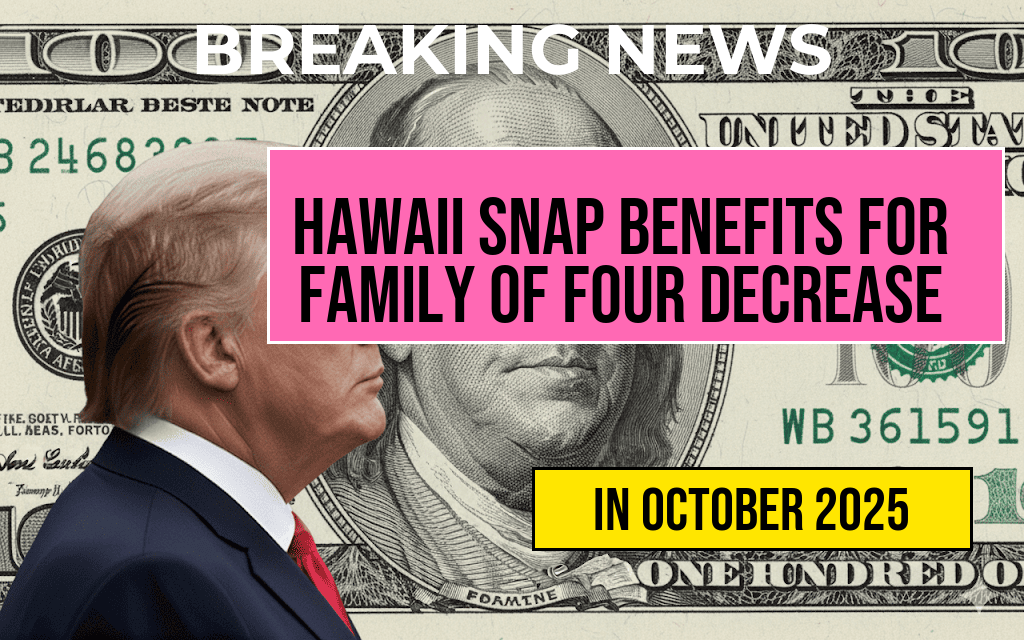The ongoing debate over taxation and its impact on American workers has taken a new turn with proposals to eliminate taxes on overtime pay. A recent cost analysis suggests that making overtime tax-free could lead to an astonishing $3 trillion increase in take-home pay for employees across various sectors. This initiative aims to provide financial relief to workers, particularly those in industries where overtime hours are common, such as healthcare, retail, and manufacturing. Advocates argue that this change would not only boost disposable income for millions but also stimulate economic growth. However, critics raise concerns about the potential implications for government revenue and the long-term sustainability of such tax cuts.
Understanding the Proposal
The proposal to make overtime pay tax-free stems from a growing recognition of the financial strains faced by many workers. Currently, overtime is taxed at the same rate as regular income, which can significantly reduce the financial benefits employees gain from working extra hours. Eliminating these taxes could encourage more employees to accept overtime work, ultimately benefiting both workers and employers.
Projected Financial Impact
According to a study by the Economic Policy Institute, the total impact on take-home pay could reach up to $3 trillion over a decade. This projection is based on the assumption that the average hourly wage for overtime workers remains consistent, and that more employees will opt to work overtime without the burden of taxation. The study highlights key sectors that would benefit the most, including:
- Healthcare
- Construction
- Retail
- Transportation
Advantages of Tax-Free Overtime
Proponents of the tax cut argue that the financial benefits to workers would far outweigh the potential loss in tax revenue. The advantages presented include:
- Increased Disposable Income: Workers would see a significant boost in their take-home pay, enhancing their ability to spend and invest in the economy.
- Encouragement for Overtime Work: Without the tax burden, more employees may be willing to work overtime, leading to increased productivity.
- Support for Low-Income Families: Lower-income individuals who often rely on overtime pay to make ends meet would benefit greatly from this change.
Potential Drawbacks
While the prospect of tax-free overtime is enticing, critics warn of certain drawbacks that could arise from such a significant fiscal policy shift:
- Loss of Government Revenue: Eliminating taxes on overtime could lead to a substantial decrease in federal and state revenues, potentially affecting public services and infrastructure.
- Employer Pushback: Some employers may resist the change, arguing that it could complicate payroll systems and lead to wage disparities among workers.
- Economic Disparities: There are concerns that the benefits may not be evenly distributed, potentially favoring higher-income earners who are more likely to receive overtime pay.
What Experts Are Saying
Economists and financial analysts are divided on the implications of this tax cut. Some argue that the potential for increased consumer spending would stimulate economic growth, while others caution against the long-term viability of such a vast tax expenditure. Experts from the Brookings Institution emphasize the need for careful consideration of both the short-term benefits and long-term consequences of this policy change.
Conclusion
As discussions around the potential tax cut for overtime work gain momentum, the implications for American workers and the economy remain at the forefront of the conversation. With a projected $3 trillion impact on take-home pay, the stakes are high for both proponents and opponents of this tax reform. Stakeholders will need to weigh the benefits of increased disposable income against the potential loss of government revenue and the socio-economic effects that may follow.
Frequently Asked Questions
What is the proposed change regarding overtime taxation?
The proposal suggests making overtime pay tax-free, which could significantly increase take-home pay for workers who earn overtime wages.
How much could the overtime tax cut impact workers’ earnings?
Experts estimate that the overtime tax cut could lead to an overall impact of up to $3 trillion on take-home pay across the workforce.
Who would benefit the most from a tax-free overtime policy?
Workers in industries with high levels of overtime hours, such as healthcare, manufacturing, and retail, would likely see the most significant benefits from a tax-free overtime policy.
What are the potential economic implications of eliminating overtime taxes?
Eliminating overtime taxes may lead to increased consumer spending, stimulate economic growth, and potentially create more jobs due to higher disposable income.
Are there any concerns associated with the overtime tax cut proposal?
Some critics argue that the tax cut could lead to reduced government revenue and question whether businesses will compensate for the lost tax income by reducing base salaries or benefits.








